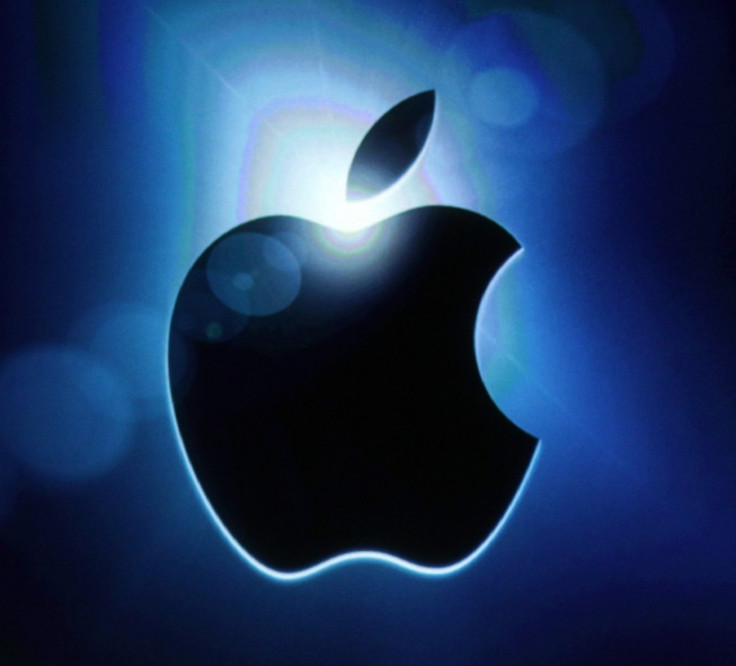Apple Hit By 'Crisis' Virus And Dwindling iPhone Sales As Mountain Lion Launches

By Oliver Tree in New York and David Gilbert in London
Apple shares tumbled 5 percent in after hours trading on Tuesday after the tech giant announced lower-than-expected sales of its flagship iPhone.
The rare miss is the first time in 39 quarters Apple has missed analysts expectations, leading to speculation over the continued dominance of the company's signature iPhone.
The news comes as a new computer virus, called Crisis, targeting Apple Macs, has been discovered on the same day as Mac OSX Mountain Lion is launched.
Once installed, the malware - also known as Morcut - can open Macs up to other computers on your network, and allow others to steal data via a remote server.The iPhone maker reported the third quarter net profit of $8.82 billion or $9.32 per share, up from $7.31 billion or $7.79 per share in the same quarter last year but missed Reuters' estimate of $10.36 per share.
Apple sold 26 million iPhones the quarter ending June 30, down from the 35.1 million sold in the prior quarter this year, the Wall Street Journal reported.
Apple's results sent Asian tech stocks tumbling on Thursday, with Advantest Corp plunging 3.75 percent and NEC Corp. falling 2 percent in Tokyo while LG Display Co. plunged 4.75 percent in Seoul.
One of the reasons why the result has had quite a big impact on Asia is because of the component supply chains, and a huge amount of Japanese and Korean companies are in the Apple supply chain.
Apple is premier among smartphone makers, and yet even Apple is not immune to the global slowdown in demand, Jefferies' Japan strategist Naomi Fink was quoted as saying by the Market Watch.
Malware targeting the Mac OS X platform has been very rare until recently, but with the explosion in the popularity of Macs, and in particular Apple's laptops, cybercriminals now feel this platform is worth exploiting.
The new malware is known variously as Morcut or Crisis and a sample was sent to SophosLabs recently.
The company is still unpacking its features, but one of the most interesting things about it, is the way it is delivered.
The malware is downloaded in a file called AdobeFlashPlayer.jar. A JAR file, standing for Java Archive, is essentially a ZIP file for the Java platform.
It contains all the programming libraries, configuration data, images and other supporting stuff a Java program needs.
© Copyright IBTimes 2024. All rights reserved.





















